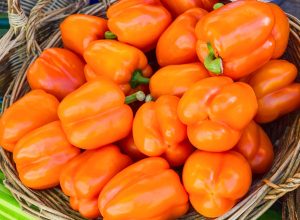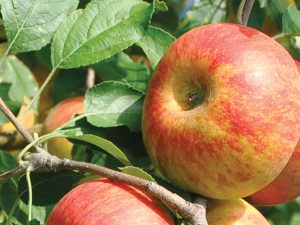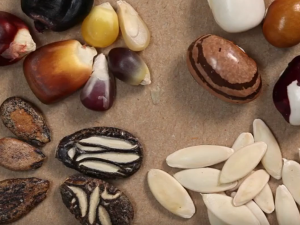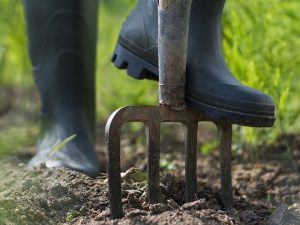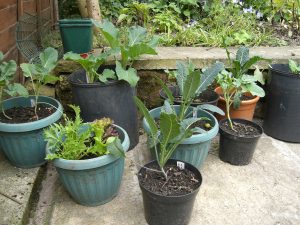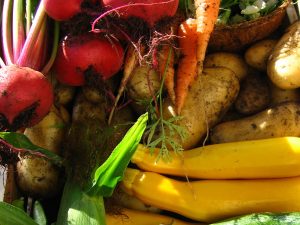August with a little luck brings us the best of the summer weather but being the traditional holiday month it can be hard to keep on top of the vegetable plot growing with a fortnight away, even if a neighbour can be persuaded to water as required.
Sowing & planting in August on the vegetable plot
Direct sowing
There are still quite a few things you should be sowing in August. Spring Cabbage and Chinese cabbage, which is a late crop as well as hardy lettuce.
Although we think of lettuce as a summer crop, it is a surprisingly hardy plant and under cloche and in the greenhouse can easily be available for a Boxing Day salad rather than some tasteless import from sunnier climes.
Sow spring onions like White Lisbon winter hardy which will grow, albeit slowly, to add zing to that salad along with some fast growing radishes.
Late spinach can be sown in August along with a last sowing of kohlrabi and turnips.

The sweetcorn is as high as an elephant’s eye and soon the cobs will be ripe and ready.
Planting out
Plant out the savoy cabbages and cauliflowers to grow on for the earliest crop as well as hardy kales.
Cultivation, pests & problems
Your runner beans will be at the top of the canes now so pinch out their growing tip to encourage bushier growth below. Pick all runner, climbing and dwarf beans regularly except for the haricot varieties such as Borlotti where we want the bean rather than pod for table.
Stop tomato plants now to encourage fruit to swell and ripen. Stopping is the process of cutting off the growing tip so the plant’s energy is not diverted into foliage from fruit. Keep your tomato side shoots in check, you want tomatoes not masses of foliage. Ensure they are watered regularly, drying out prevents the plant from taking up sufficient calcium and the deficit causes blossom end rot.
Keep on top of the pests. Aphids and Blackfly are a particular problem in the greenhouse although they are certainly about in the open plot as well. You can control them with pesticides or just wash them off many plants with a strong jet of water.
A squirt with soft soap solution will do no harm to the plants and will reduce the numbers down by stopping the pests breathing. In the greenhouse the biological controls are most effective and don’t forget the traditional sticky yellow cards which attract the whitefly.

Runner beans.
Fruit
If we do get a prolonged dry spell, don’t forget that that fruit bushes and trees need watering. Swelling apples and currants need water as much as leafy vegetables. Give a good soaking rather than little sprinkles that encourage surface rooting.
It’s the last chance for summer pruning. Watch out for overladen plums and damsons.If needed you can support branches by inserting a length of 2×1 notched at the top (like an old fashioned line prop) to support the branch or tie to the stem with robust twine.
Keep the base of trees weed and grass free, mulch to keep in moisture and add fertility with garden compost.
Protect autumn raspberries now with netting from the birds before the fruits arrive and the birds eat them.

Damsons.
In the greenhouse / polytunnel
Ensure good ventilation. It can get incredibly hot in a greenhouse with strong sun and scorch your plants. You should also consider shading the house either with blinds or films or with a shading wash
Keep pinching off the side shoots with your tomatoes and stop them a few leaves after a truss by pinching out the growing stem.
Keep an eye out for pests such as aphids, whitefly, red spider mite. If you are subject to attack by these pests it is worth checking out biological controls as these are perfectly safe to use and, used correctly, more effective than traditional chemical controls.
Many of the chemical controls of the past are no longer available anyway so the organic alternatives are now the mainstream choice.
You can get John’s book Vegetable Growing Month-by-Month here.


